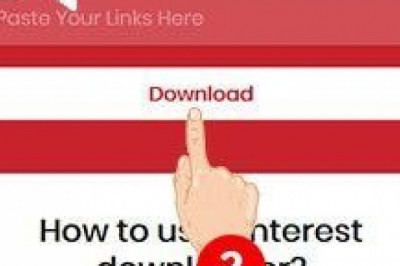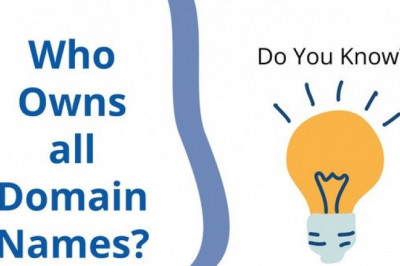views

Publishing companies and self-published authors have many questions about which book publicity method is best. One of the biggest problems lies in whether using traditional media like radio, TV, newspapers, magazines for book publicity is still of value when compared to the internet. Our experts at Smith Publicity respond to that question with a loud yes: since traditional media also run high-traffic websites, any coverage they provide to a book or an author runs online too.
Traditional media coverage tends to give a presumed endorsement for a book since the decision to include it in a story implies that it's a topic of interest. These interviews and articles can have incredible value when trying to help potentially interested readers discover a particular book. The author is presented as an expert speaker on the book's topic, possibly supporting future books and increased interviews. When traditional publicity is combined with significant online coverage, it helps to sell books and increase the number of potentially interested readers.
Another excellent motivation to include traditional media coverage involves the rising importance of social media. By providing links to videos, recordings, and articles on an author's social media channel, the author is more engaging and entertaining to followers. A mention in articles and interviews serves as an endorsement, which impresses followers and increases the possibility they will become book buyers. Links to media coverage enriches book and author websites when they are added.
Some current elements of book publicity only exist online, like bookseller pages that include information about books and authors. A bookseller's site is a selling tool, so it's crucial to provide engaging and interesting news. It may lead readers to discover a book in a new way or to be guided to an information page after reading an article or seeing an interview in the media. Competition for audience attention is fierce, so the greatest success relies on a combination of tactics.











